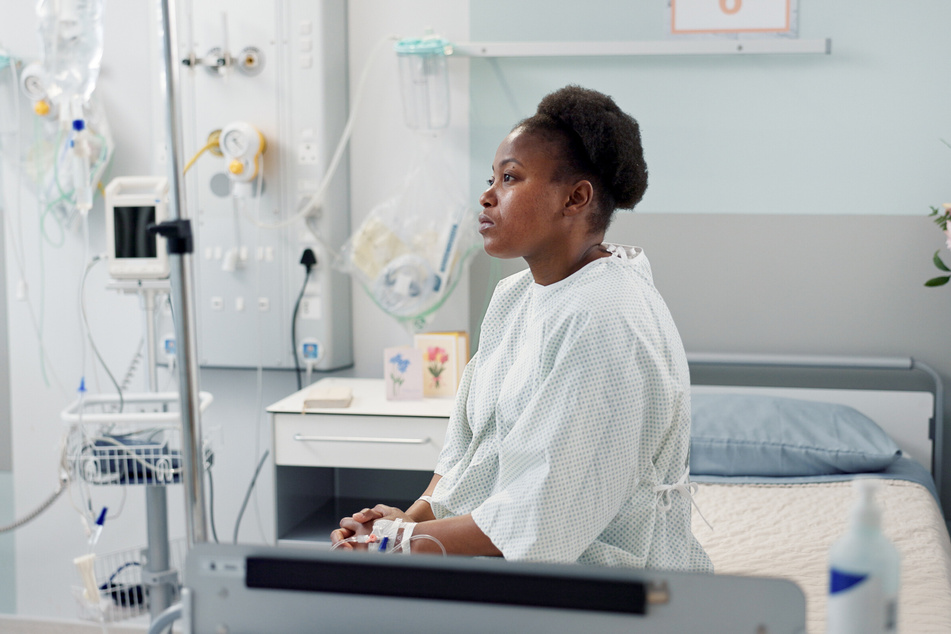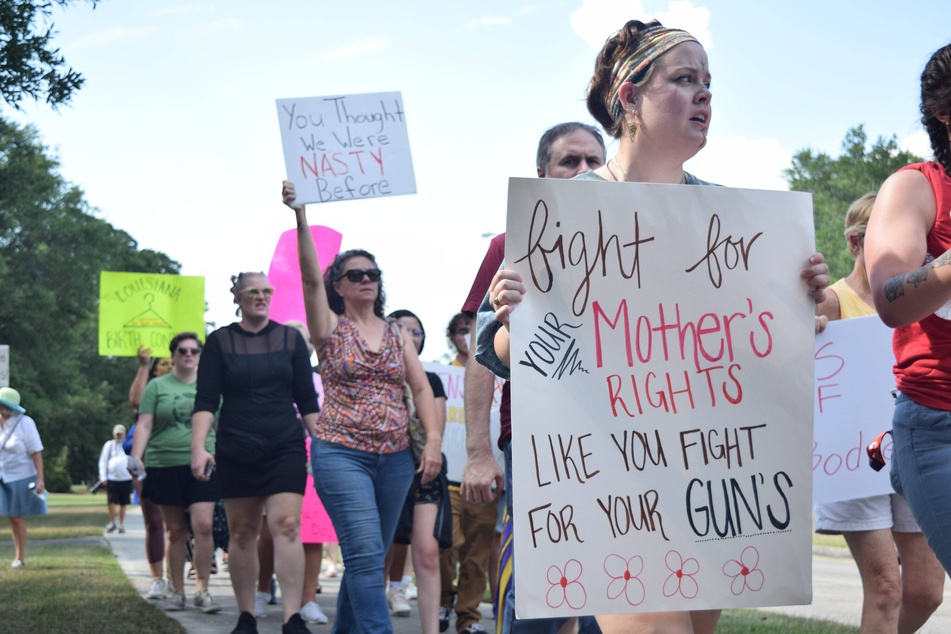Louisiana's abortion ban has devastating impacts on pregnancy care, report finds
Baton Rouge, Louisiana - Louisiana's strict abortion ban is having spillover effects across women's health care in the state, leading doctors to turn away patients for routine prenatal visits and perform unnecessary Cesarean sections, according to a report released Tuesday.

Louisiana joined a dozen other states in implementing a near-total ban on abortion after the US Supreme Court overturned the federal right to the procedure in 2022.
But a joint fact-finding mission conducted from May to November last year by four medical NGOs charges that Louisiana's abortion ban has led to practices that "degrade long-standing medical ethical standards, and, worst of all, deny basic human rights to Louisianans seeking reproductive health care in their state."
In one case, a woman was denied a prenatal appointment until she had passed the first trimester of her pregnancy. She ended up having a miscarriage before she was able to receive an appointment, she told the report's investigators.
In the first 12 weeks of pregnancy, miscarriages are more common – so prenatal appointments are being "purposely delayed to avoid the risk of miscarriage care being misconstrued as an abortion in violation of the bans," according to the report, from the groups Lift Louisiana, Physicians for Human Rights, Reproductive Health Impact, and the Center for Reproductive Rights.
Doctors specifically cited the abortion ban in refusing to see the patient, the report said.
Those who fall afoul of the ban – and what critics say are its medically vague exceptions – face 10 to 15 years in prison and up to $200,000 in fines.
The result is a climate that "undermines the quality of care (medical providers) are able to deliver to pregnant patients," and "erodes their ability... to provide patients with the standard of care."
"At what point can you act?"
In one case, a woman with a cardiac condition was delayed access to an abortion despite "the added stress of pregnancy on her heart."
"She was quite sick, and they said, 'No. We have to maximize all medical management options before we could offer any sort of termination procedure,'" a clinician told investigators.
Louisiana's strict abortion law has a carve-out to "preserve both the life of the mother and the life of her unborn child," but the clinician quoted in the report said that delaying abortion care meant risking the patient in this case "could have a heart attack and die."
"At what point can you act?" the clinician said, adding it was unclear "how many cardiac meds have to fail" before an abortion is legally allowed.
Unnecessary c-sections

Sometimes Louisiana medical workers performed Cesarean section surgeries in lieu of an abortion, even in a case where the patient had a condition that would "not result in a viable pregnancy."
C-sections – in which a birth is prompted via a surgical incision in a woman's abdomen – carry medical risks and can adversely impact patients' future reproductive health.
Doctors "ended up having to take this person for c-section to preserve the appearance of not doing an abortion," according to the report.
Medical staff "feel that they're abandoning their patients," Michele Heisler, a report coauthor and the medical director for Physicians for Human Rights, told AFP.
"They're being forced to not be able to meet their medical, ethical, human rights obligations," she said, adding that "a lot of the clinicians we spoke to are planning to leave the state."
The Center for Reproductive Rights called for legislative changes.
Louisiana "must urgently meet its human rights obligations by repealing the state's abortion bans and ensuring that all Louisianans have access to the full spectrum of reproductive health care, including abortion," said Karla Torres, a lawyer with the group.
Cover photo: 123RF/peopleimages12

